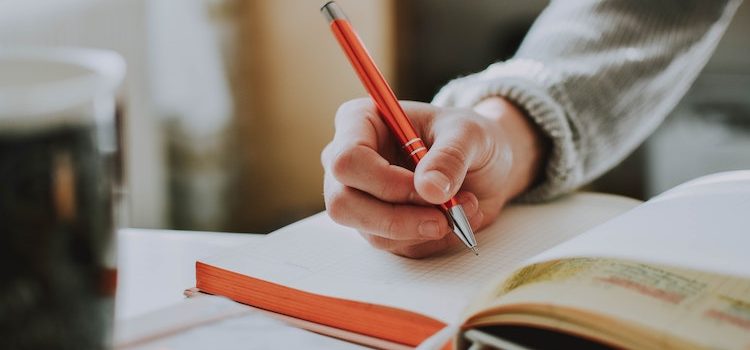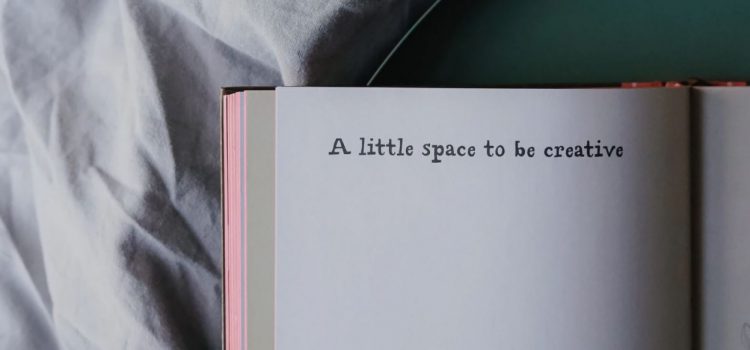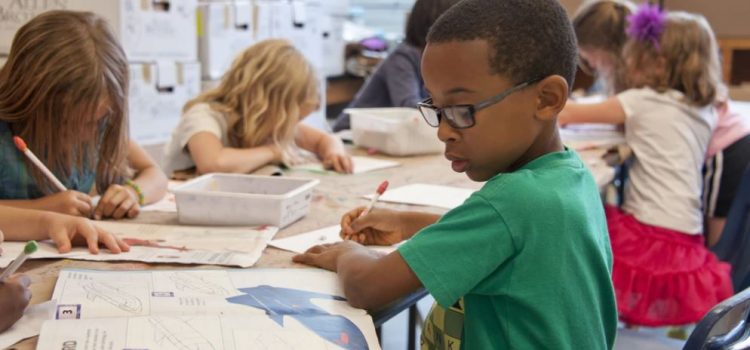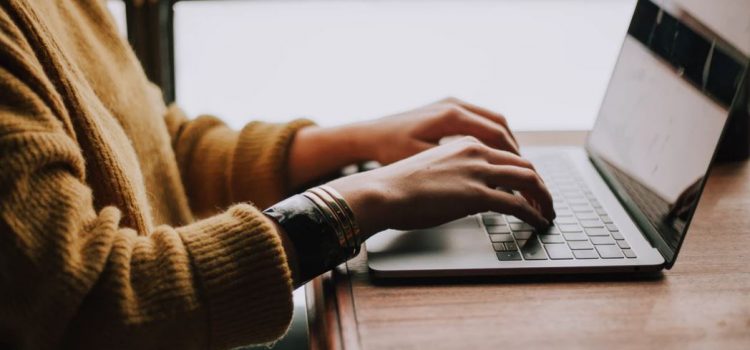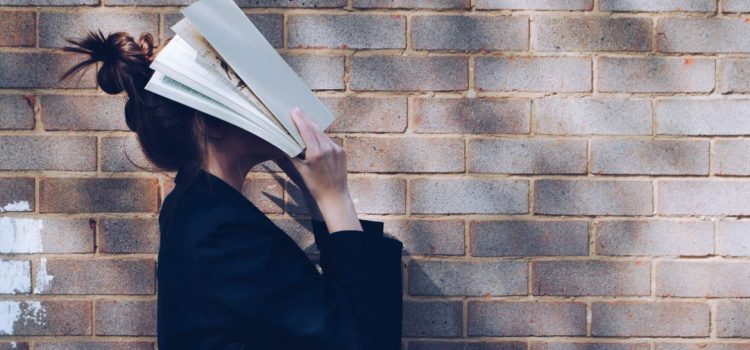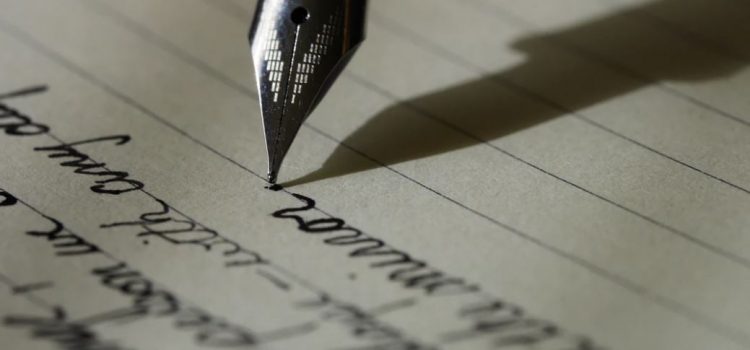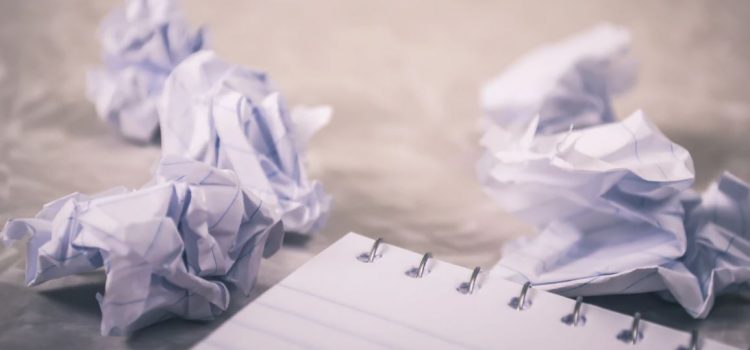What is multisensory learning? Why do students learn better when using multiple senses simultaneously? Dr. John Medina theorizes that a multi-sensory environment impacts the development of the brain, and the senses work together to absorb information. He further explains the concept of multisensory learning and the benefits of implementing it in schools. Here’s why you should use multisensory learning in the classroom.
Why Multisensory Learning Benefits Students
